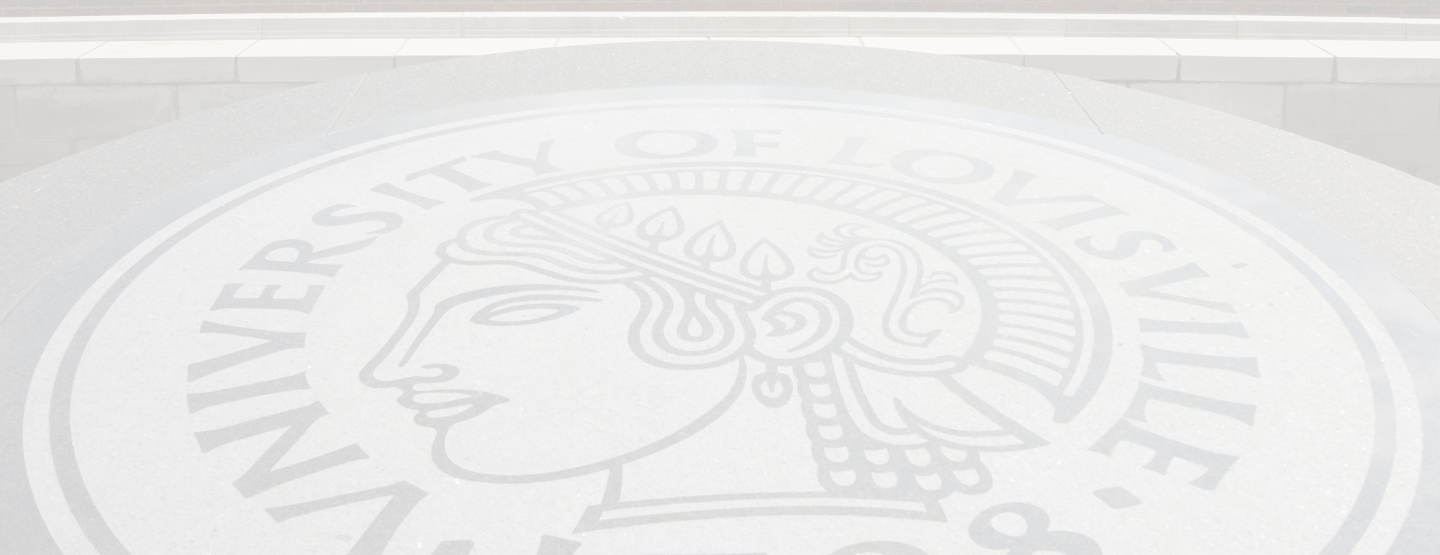
Drupal Login
Please sign in with your UofL user ID and password.
Sign in with Microsoft 365
If you need assistance accessing your university accounts,
unlocking your password or help with two-factor authentication;
please contact the UofL HelpDesk.
